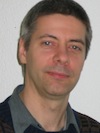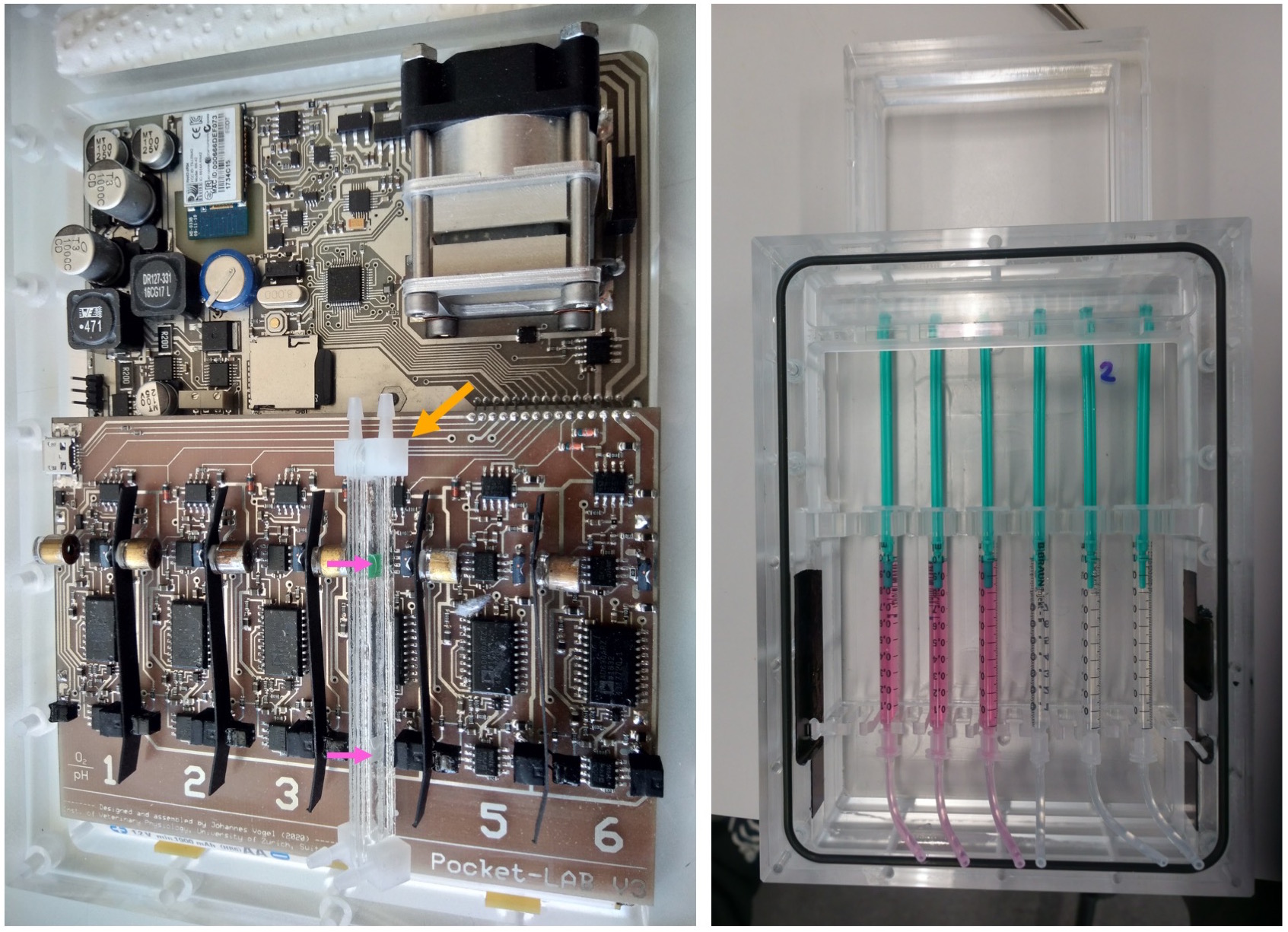Navigation auf uzh.ch
Navigation auf uzh.ch
This month we have interviewed Johannes Vogel, Johannes Vogel, professor and senior group leader at the Institute of Veterinary Physiology, University of Zurich. His research focuses on the cellular response to hypoxia.

What is the main area of your research?
The cellular response to hypoxia. Hypoxia is an alarm situation for any cell especially in higher organisms such as mammals and of course humans. Therefore, the cellular response to hypoxia is one of the fastest cellular responses.
What did bring you to the Space sector?
Previous research showed that eukaryotic cells are very sensitive to gravity changes, which is most likely due to density variations of the different cell compartments. Gravity changes may also interfere with the intracellular transport of proteins that in general requires specific paths along the cytoskeleton within the cell. The cellular response to hypoxia requires rapid, precise transport of the hypoxia-inducible-factors (HIFs) 1 or 2 - proteins that sense the cellular oxygen level - from the cytoplasm to the nucleus. Thus, we hypothesized that altered gravity may alter the cytoskeleton and subsequently intracellular transport of the HIFs and thereby the cellular response to hypoxia.
What do you like most about your job?
The combination of life-science and technical challenges. For example, for our project I developed and realized a small cell culture system that allows to put cells within a few minutes into strong hypoxia that is quantified additionally to the culture pH with optical methods to later allow correlation of the cellular response to the simultaneously recorded gravitational forces. This system was successfully used in the recent Swiss parabolic flight campaign.

What do you like most about Space?
The challenge for the human inventiveness regarding medicine and biology as well as technique to allow exploration of new celestial bodies, for example, planet Mars.
What would be the greatest achievement in the Space Sector?
Getting astronauts healthy from Earth to other celestial bodies and back or keeping them healthy for months or even years in reduced gravity. A Mars mission would take at least 14-15 months. It would be so great to see humans successfully landing on Mars since this definitively would mean that humankind has solved this tremendous challenge for the astronaut’s health as well as countless technical problems.
You are part of the UZH Space Hub: What do you think this will mean for you and your research?
Space research is in principle quite multidisciplinary and most scientific ideas related to space are new and innovative. Both is very inspiring for my work. My work regarding hypoxia, for example, is important for extravehicular activities because astronauts, due to technical reasons, have to cope with mild hypoxia. Thus, there is always a mutual interaction between technical and biological aspects of space research.